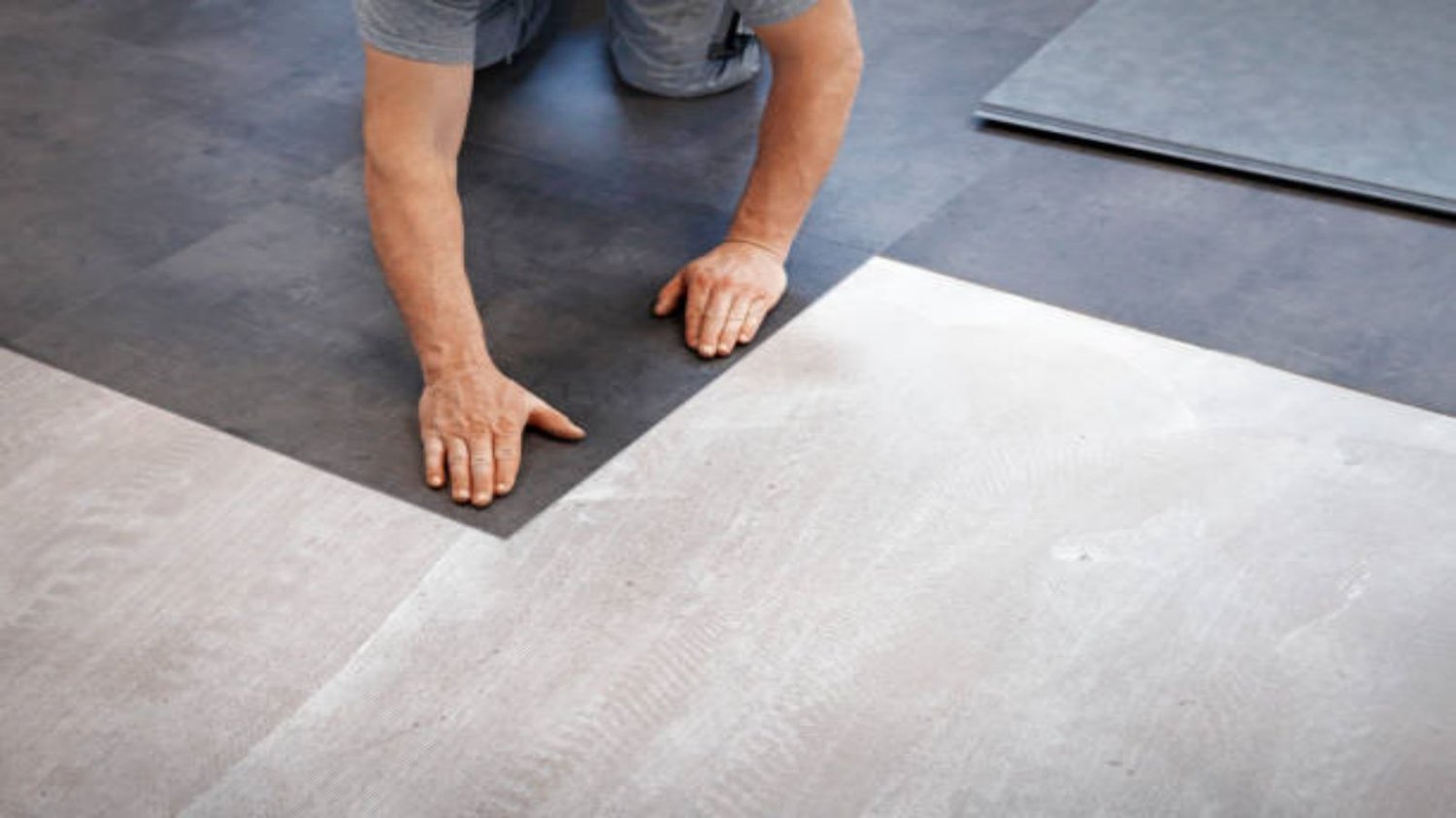A Detailed Comparison of SPC and WPC Vinyl Flooring
When it comes to choosing the perfect flooring option for your home or office, vinyl flooring has gained immense popularity due to its durability, affordability, and versatility. Within the realm of vinyl flooring, two types that often come up in discussions are SPC (Stone Plastic Composite) and WPC (Wood Plastic Composite) vinyl flooring. While they may seem similar at first glance, there are some key differences between the two. In this article, we will delve into the characteristics, installation methods, and suitability of SPC and WPC vinyl flooring, helping you make an informed decision for your space.
1. Composition
SPC vinyl flooring is composed of a solid stone-plastic composite core, which is made primarily from natural limestone powder, polyvinyl chloride, and stabilizers. On the other hand, WPC vinyl flooring is made up of a wood-plastic composite core, consisting of wood flour, thermoplastic polymers, and foaming agents.
2. Stability
When it comes to stability, SPC vinyl flooring has the upper hand. The limestone-based core provides exceptional stability, making it highly resistant to temperature fluctuations, moisture, and impact. WPC vinyl flooring, although stable, is slightly less rigid due to its wood-plastic composition.
3. Durability
Both SPC and WPC vinyl flooring options offer excellent durability. However, SPC vinyl flooring tends to be more robust due to its dense core material. It is highly resistant to scratches, dents, and stains, making it ideal for high-traffic areas. WPC vinyl flooring is also durable but may be more susceptible to indentation under heavy furniture or sharp objects.
4. Thickness
SPC and WPC vinyl flooring typically come in different thickness options. SPC vinyl flooring is generally thinner and ranges from 3.2mm to 8mm, making it suitable for areas with height restrictions or when transitioning between different floorings. WPC vinyl flooring, on the other hand, is typically thicker and ranges from 5mm to 8mm, providing enhanced comfort and noise reduction.
5. Installation Methods
Both SPC and WPC vinyl flooring offer hassle-free installation options. They can be installed using a floating method, where the planks or tiles are attached to each other rather than being glued or nailed to the subfloor. However, SPC vinyl flooring is more rigid, allowing for easier installation over uneven subfloors. WPC vinyl flooring, with its slightly flexible nature, can also be installed over existing flooring materials.
6. Waterproof Properties
When it comes to withstanding moisture and water damage, both SPC and WPC vinyl flooring excel. However, SPC vinyl flooring has a slight edge in terms of water resistance due to its stone-based core. This makes it an excellent choice for areas prone to water exposure, such as bathrooms, kitchens, and basements.
7. Appearance
In terms of aesthetics, both SPC and WPC vinyl flooring options offer a wide array of designs and styles, including options that mimic wood, stone, or tile. SPC vinyl flooring often provides a more realistic and authentic look due to its rigid core, while WPC vinyl flooring offers a softer underfoot feel.
8. Eco-Friendliness
If environmental impact is a concern, SPC vinyl flooring is generally considered more eco-friendly. The composition of SPC flooring includes a higher proportion of natural limestone and does not contain any wood products, while WPC vinyl flooring incorporates wood flour, which may raise concerns for some eco-conscious individuals.
9. Cost
When it comes to cost, both SPC and WPC vinyl flooring options are generally more affordable compared to other flooring materials such as hardwood or tile. However, SPC vinyl flooring tends to be slightly more budget-friendly due to its simpler composition and manufacturing process.
10. Suitability
Both SPC and WPC vinyl flooring options are suitable for residential and commercial spaces. However, the choice between the two may depend on your specific needs. SPC vinyl flooring is an excellent choice for areas prone to heavy foot traffic, moisture, and temperature fluctuations. WPC vinyl flooring, with its slightly softer feel, is a great option for areas where comfort and noise reduction are priorities.

